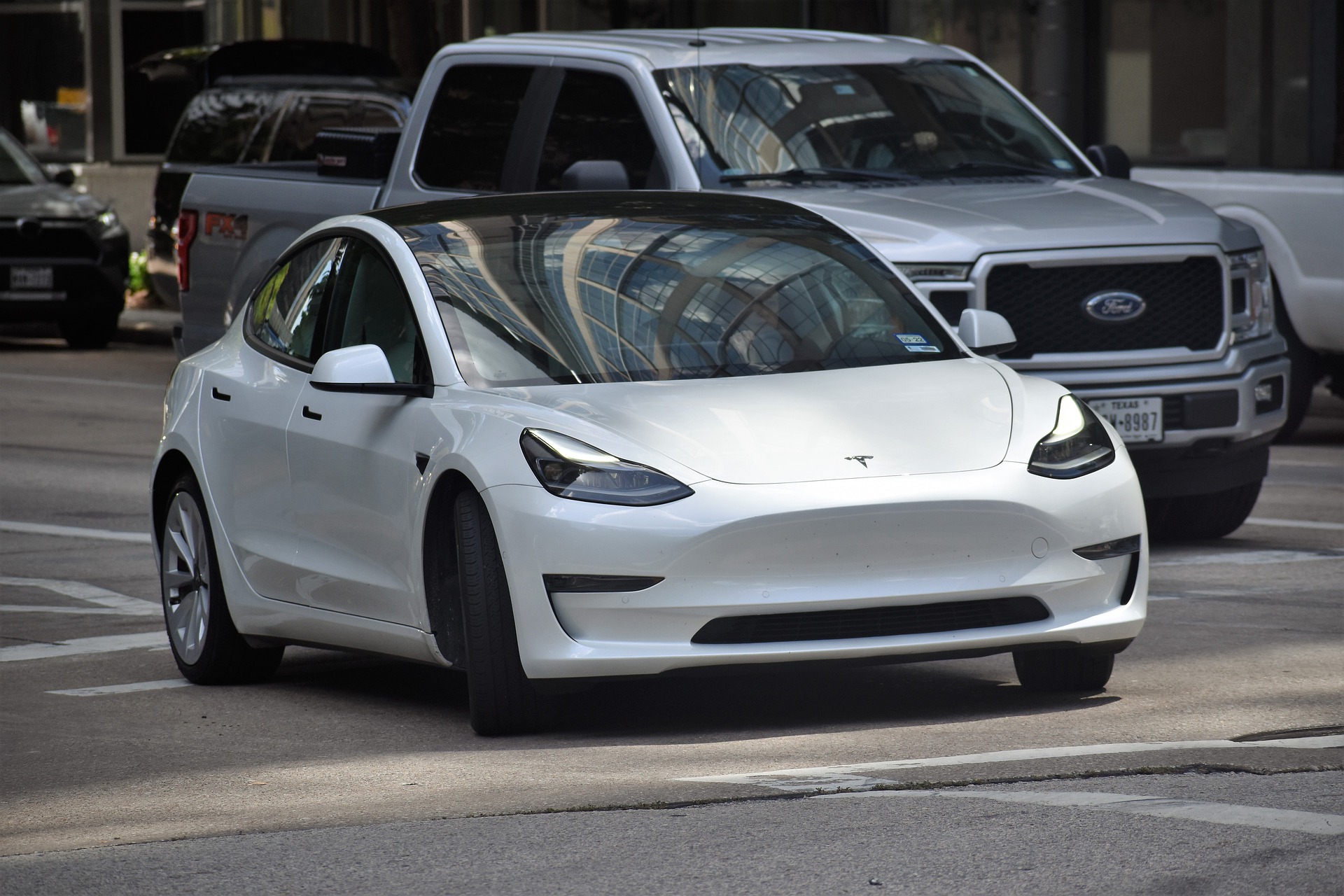The Era of Hydrogen Fuel Cell Vehicles: A Deep Dive
The dawn of hydrogen fuel cell vehicles (FCVs) has long been anticipated, yet it's only recently that we're seeing this revolutionary technology come to fruition. Is the auto world ready for this new era of clean energy? Let's explore the journey of hydrogen FCVs from conception to reality, the current industry trends, and the impact it's set to have on our roads.

The Genesis of Hydrogen Fuel Cell Vehicles
Hydrogen fuel cell technology isn’t a new concept. As far back as 1839, scientist Sir William Grove tapped into the phenomenon of electrochemical conversion, a process that forms the basis of today’s fuel cell technology. However, it wasn’t until the 1960s that this technology found practical applications, chiefly in NASA’s space programs. Despite the potential of hydrogen as a zero-emission fuel source, the road to commercialization has been long and fraught with challenges.
The Current Landscape of Hydrogen FCVs
Fast forward to today, there’s a renewed global interest in hydrogen FCVs. Automakers like Toyota and Hyundai have already introduced hydrogen-powered vehicles to the market. However, the progress is slower than expected due to several challenges. The infrastructure for hydrogen refueling is still underdeveloped, and the process of hydrogen production is energy-intensive, raising questions about its overall environmental impact.
The Impact of Hydrogen Fuel Technology on the Automotive Industry
The introduction of hydrogen FCVs represents a major shift in the automotive industry. As the world grapples with climate change, hydrogen FCVs offer a promising solution with their zero-emission output. However, it’s not without challenges. Hydrogen storage and transportation pose significant hurdles, and there are still safety concerns surrounding the use of hydrogen as a fuel. Despite these, the potential benefits of hydrogen FCVs—namely their environmental friendliness and energy efficiency—make them a technology worth pursuing.
The Benefits and Challenges of Hydrogen Fuel Cell Vehicles
Hydrogen FCVs offer numerous benefits. The most notable advantage is their environmental impact—or lack thereof. Unlike conventional vehicles, FCVs emit only water vapor, making them a clean alternative to fossil fuel-powered cars. However, they also face significant challenges, particularly in terms of cost and infrastructure. Hydrogen fuel production is currently expensive and energy-intensive, and there’s a lack of refueling infrastructure, which could hamper the widespread adoption of FCVs.
The Future of Hydrogen Fuel Cell Vehicles
Despite the challenges, the future of hydrogen FCVs looks promising. Governments and automakers worldwide are investing heavily in research and development to overcome the current hurdles. Efforts are underway to make hydrogen production more sustainable and cost-effective, while new refueling infrastructure is slowly being rolled out. The road may be long, but the potential rewards—both for the environment and for the automotive industry—are significant.
In conclusion, the world of hydrogen fuel cell vehicles is one of immense promise and potential, tempered by significant challenges. As we navigate the waters of this new era, it’s clear that the road ahead is both exciting and uncharted.




